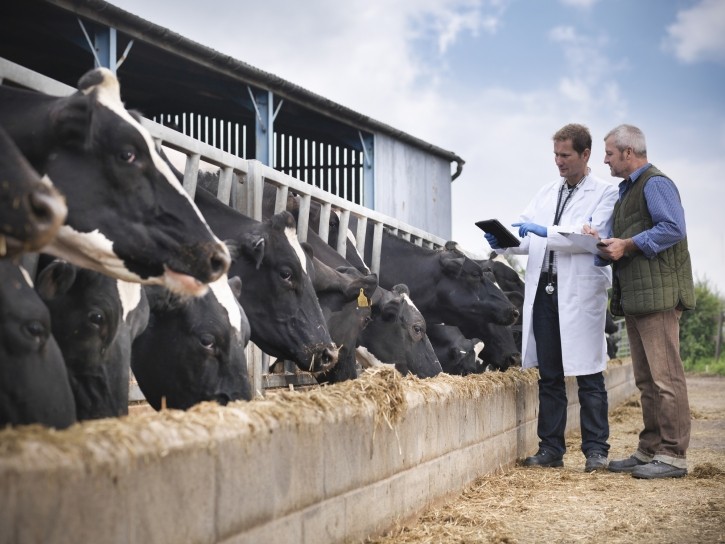News
Veterinary sector faces crisis of leadership and vision: AIMS

Yesterday’s (March 12) hearing by the Environment, Food and Rural Affairs (EFRA) Committee on vet shortages scrutinised the state of the UK’s veterinary sector workforce, with evidence provided by the Food Standards Agency (FSA), the Royal Veterinary College, the British Veterinary Association and Government Veterinary Services.
FSA chief executive Emily Miles said that between 2019 and 2021, the Royal College of Veterinary Surgeons’ figures showed that the number of vets entering the profession fell by a quarter (27%) while demands on the profession increased.
According to AIMS, discussions during the meeting were marred by a tone of desperation and a prevailing attitude of complaint rather than ‘constructive solution-seeking’ concerning the scarcity of veterinarians.
AIMS spokesman Dr Jason Aldiss claimed the Royal College of Veterinary Surgeons (RCVS)'s ‘leniency’ towards the language proficiency requirements for vets working in areas such as abattoirs had indirectly diminished the value and perception of veterinary work in these essential sectors.
'Bums on seats'
“This 'bums on seats' policy has not only compromised the standards within the profession but has also exacerbated the challenge of recruiting passionate and competent professionals to the field” he continued,” he continued.
“Moreover, the EFRA Committee session shed light on outdated practices upheld by commercial veterinary entities, particularly in areas like export certification, which not only inflate operational costs but also encroach upon the efficiency of the veterinary workforce.
“These archaic methods stand in stark contrast to the potential efficiencies that could be unlocked through the integration of modern technologies—advancements that are regrettably overlooked in favour of maintaining high profit margins.”
The EFRA Committee hearing also helped to dispel myths surrounding the increased demand for veterinary services, particularly in response to greater import controls and meat inspections.
Tech and AI
Rather than an expansion of the vet workforce, evidence presented highlighted the availability and capability of AI and other technological innovations to perform these tasks more effectively and efficiently.
AIMS challenged whether the current model's reliance on an inflated number of veterinarians for tasks could therefore be streamlined or automated.
“It is clear that the real issue at hand is not a shortage of veterinarians but a profound lack of vision and leadership within the sector,” Aldiss added. “There is an urgent need for a paradigm shift towards a vet-led team model, where veterinarians oversee teams of non-vets trained to handle routine tasks, thus freeing up qualified professionals to focus on areas where their expertise is most needed.
“The time is ripe for the veterinary profession to embrace change, prioritizing innovation, leadership, and technology over outdated practices and profit-driven models. By doing so, we can not only enhance the efficiency and effectiveness of veterinary services but also restore the appeal of veterinary medicine as a career choice for the next generation of professionals.”
Concerns from the FSA
FSA chief executive Emily Miles: "At the FSA, we have concerns about the risk of vet shortages which are shared by our colleagues at Food Standards Scotland. We made these known in our last annual report on food standards, published last November. It is critical that we have a steady pipeline of vets to work in these critical public health roles.
"We’ve taken steps to address this, like raising pay for vets last year within our spending constraints, redesigning job roles to provide greater variety, and targeting recruitment of overseas vets to work on a 'Meat Hygiene Inspector (Vet Track)' scheme.
"These measures are showing early results, but they are not enough on their own. There are also structural issues that need attention that are not in the FSA’s gift. We need legislative change, financial backing, a supportive immigration policy, and a joined-up approach with partners across the profession, in industry and in government, to deliver rewarding veterinary careers.
"Our skilled Official Veterinarian workforce is essential to ensure that food is safe, animal health and welfare standards are maintained, and businesses can continue to export their products. If the FSA is unable maintain its service delivery, the consequences will be felt by both consumers and businesses."

















